What makes essential oils so great for acne prone skin and other common skin ailments? Putting oil on your skin may sound intimidating or weird, especially when you’re the type of individual who worries over having oily skin. However, these essential oils are shouldn't clog pores and may help with reducing acne.
What Are Essential Oils?
Essential oils are compounds that were extracted from plants in which the oil catches the plant’s scent and flavor (essence). Essential oils are often obtained either by distilling (steam or water) or mechanical methods such as cold pressing.
Certain essential oils have anti-microbial and anti-inflammatory are helpful in reducing acne. However, it's also important to seek your dermatologist or specialist's advice first before applying any of these if you are currently on a regimen and be sure to ask for recommendations. Most essential oils need to be diluted too.
Here are some of the benefits of essential oils for skincare:
- Essential oils have antibacterial properties that can help with acne prevention.
- Essential oils inhibit bacteria growth.
- Essential oils can be anti-inflammatory.
- Essential oils are helpful in relieving stress or anxiety which can improve hormonal acne.
- Essential oils regulate oil formation on our skin.
- Essential oils can help in firming skin by encouraging collagen formation.
Best Essential Oils For Acne
Lemongrass Oil
Lemongrass has many potential health benefits such as relieving stress, anxiety and depression, which is why this essential oil is also good for acne prevention as it could help regulate hormones. It also has antioxidants, and anti-fungal and anti-bacterial properties. (2)
Clary Sage
The reason why clary sage essential oil is good for acne and other skin ailments is that it is extremely effective for regulating oil production. This essential oil contains an ester known as linalyl acetate (helps in reducing inflammation and soothing skin irritation).
According to a study conducted by Advances in Dermatology and Allergology, this plant is an active natural antimicrobial agent wherein it showed that clary sage was tested on multiple drug-resistant bacterial strains and effective in fighting off the bacteria which can cause infection, skin irritation or even acne breakouts. This means that Clary Sage can be considered a good essential oil for acne.
Lavender oil
This is another great essential oil for acne as its antibacterial, antimicrobial, antiseptic and anti-inflammatory properties provide numerous healing benefits for acne. Lavender oil also aids in regenerating new skin cells and reduce redness from acne and acne scars as well as making the skin tone smooth and even. This essential oil works as a sedative by entering and interacting with the amygdala and hippocampus, calming these areas linked to emotion.
Tea Tree
Tea tree oil can be as effective as benzoyl peroxide in treating acne. Tea tree oil is can also be great for fungal infections too which can also appear similar to acne. This oil is non comedogenic and has strong bacteria fighting properties and when diluted properly, won't dry skin out as much as benzoyl peroxide. (3)
Cinnamon
When we hear the word cinnamon, one thing that automatically pops into our mind is that it’s for baking, but cinnamon bark essential oil may help with acne due to it's ability to prevent inflammation because it inhibits the creation of inflammatory biomarkers. (3)
Oregano
Oregano? For treating acne? Some of you may be wondering how it is possible for this plant to treat skin conditions such as acne. Oregano essential oil has been proven to reduce acne due to the antibacterial properties that can be found in this plant. The high antioxidant levels in oregano work to boost one’s immune system, preventing bacteria to easily overgrow.
The oil simply comes from the leaves and shoots of the oregano plant itself and made by air-drying its leaves and shoots that are then extracted and concentrated through distillation. Oregano essential oil has been proven and tested to work better than most antibiotics when either applied topically or ingested.
Thyme
Thyme leaves are both used in the kitchen for spicing up dishes and treating acne. The oil of this herb can be useful and effective for fighting off any acne-causing bacteria and germs causing eye infections.
Note: Never use or apply this essential oil on the eye area.
Rosemary
Rosemary herbs are not just for adding flavor to your cooked dishes such as potatoes and chickens but also for treating any pesky acne. This wonder herb has been shown to destroy P. acnes and ease any redness and puffiness with its anti-inflammatory properties. Rosemary essential oil is helpful for revitalizing your skin and reducing excess oil.
Rosemary is also great for improving circulation which helps in firming and toning the skin while promoting that glow on your skin tone. It reduces the stress as well by actively reducing the cortisol levels in our saliva and bloodstream. Aside from these, it is an extremely versatile type of oil since you can also use it for your hair care routine, healing or fixing indigestion, improving oral health, boosting the immune system, treating respiratory problems and improving your cognitive function.
Bergamot
Bergamot essential oils are one of the most useful oils anyone can have. This essential oil improves both your mood and skin’s health through its anti-inflammatory properties.
The oil from this fruit has antiseptic and antibacterial effects, according to Dr. Trevor Cates, a naturopathic doctor in California. Bergamot essential oil regulates sebum secretion and promotes wound healing and regeneration.
Peppermint Oil – Peppermint essential oil is another excellent example when it comes to warding off any acne-causing bacteria. This kind of oil can be both applied cosmetically and medicinally for thousands of years.
Ylang Ylang
Ylang ylang essential oil has wonderful healing properties as it regulates and brings back the moisture as well as reduces redness and inflammation. What’s even great is that ylang ylang acts as a relaxant and aphrodisiac (i.e a food, drink or drug which arouses sexual desires). Not only does this flower smell great, it also regenerates skin cells and beneficial in terms of anti-aging as it reduces fine lines, making your skin look plump and youthful.
Frankincense
Frankincense essential oil is somehow similar to the tea tree essential oil due to the antibacterial properties it possesses. This frankincense essential oil can also be used for toning an acne-prone skin. Frankincense essential oil also possesses anti-inflammatory benefits and is responsible for encouraging new cell growth, making it suitable for aging skin and scar appearance reduction.
Neroli or Orange Blossom
This essential oil helps in encouraging cell rejuvenation and can help prevent skin damage and fade stretch marks. Neroli essential oil can also help balance oil production.
Rose
The rose is not just a rose for nothing, as it also has amazing benefits on your skin. Rose essential oil moisturizes and contains both antimicrobial and anti-inflammatory compounds. It is also useful for treating skin conditions such as psoriasis and dermatitis.
Patchouli
Patchouli essential oil may be one of the types of essential oils that work great for firming the skin and improving skin tone as it is responsible for encouraging new cell growth and increasing collagen. More than that, Patchouli essential oil is known for its anti-bacterial, antiseptic and anti-fungal properties to help with acne.
Chamomile
Last but not least is Chamomile Essential Oil. Chamomile Essential Oil is mostly known for its healing properties as a beverage as well as for treating eczema and rosacea, plus it doesn’t cause irritation on your skin.
CHOOSING THE RIGHT ESSENTIAL OILS
There are many company brands claiming that their essential oils are pure. Given these, the quality and composition of these oils can vary greatly. So, be sure to check these following criteria when purchasing essential oils:
1) Ingredients List – Does it only contains aromatic plant compounds? No additives or synthetic oils?
2) Quality – Was it extracted through distillation or mechanical cold pressing?
3) Reputation – Does it come from a brand that produces high-quality products with quality sourced ingredients?
Using Essential Oils
There are some essential oils which can cause skin irritation when directly applied to the skin or when they are misused. Before using any essential oil on the skin, make sure that it is diluted in a carrier oil. If you have highly sensitive skin, essential oils may not be for you and never apply essential oils on young children or babies.
Do a patch test with your diluted essential oil to see if there are any allergic reactions to any of the essential oils you will be using. These oils can be toxic or cause interactions with medications when ingested internally so ask for a doctor's guidance before deciding to take any internally.
Don't use any essential oils inside a humidifier, they aren't meant to be inhaled!
Have you tried using any essential oils for acne? What was your experience?

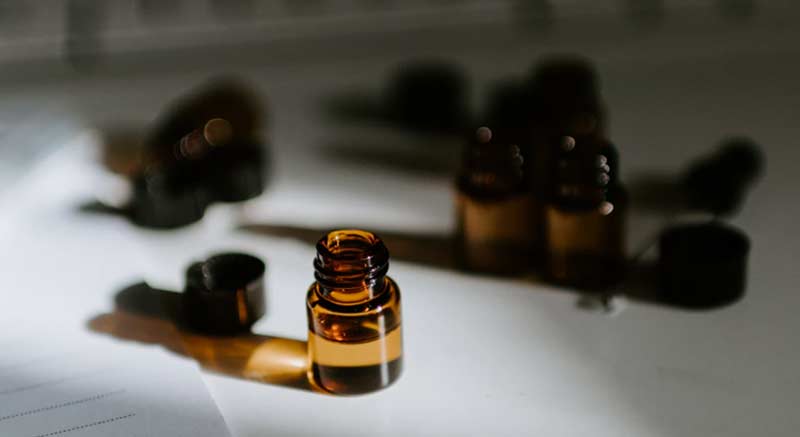
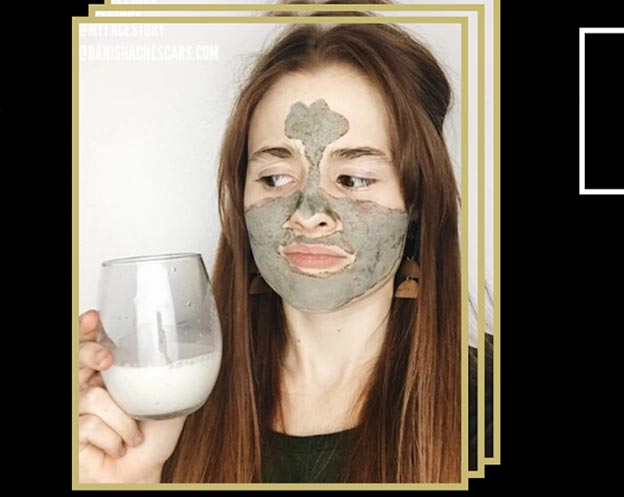
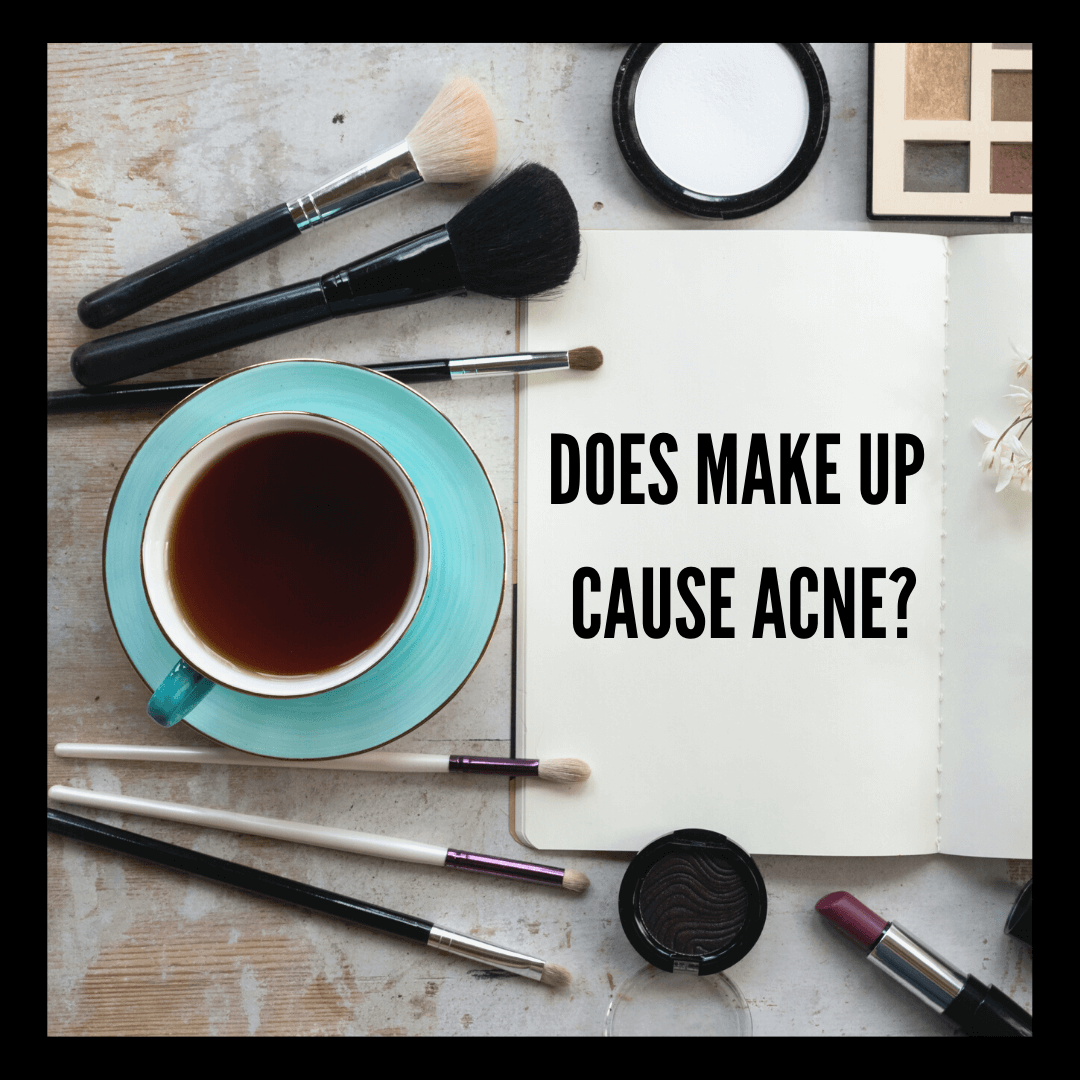










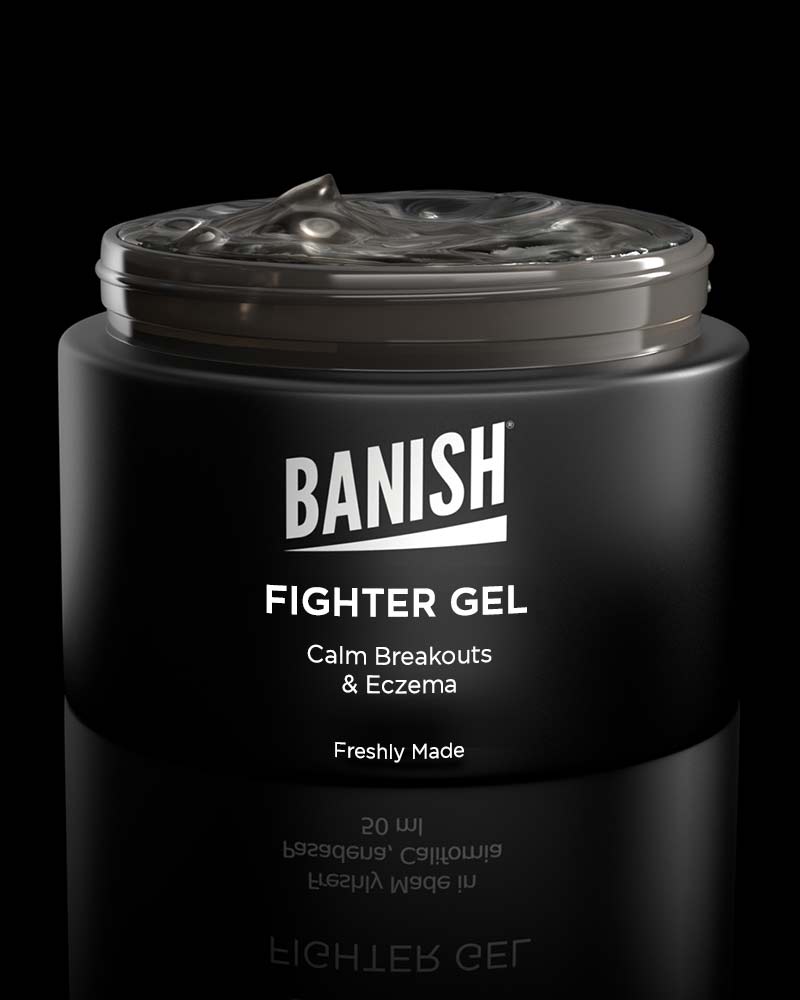
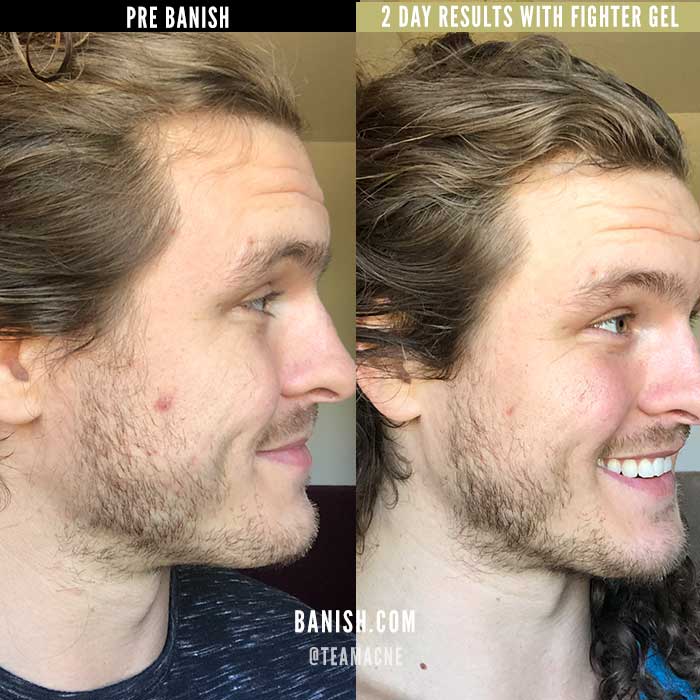










Leave a comment
All comments are moderated before being published.
This site is protected by hCaptcha and the hCaptcha Privacy Policy and Terms of Service apply.